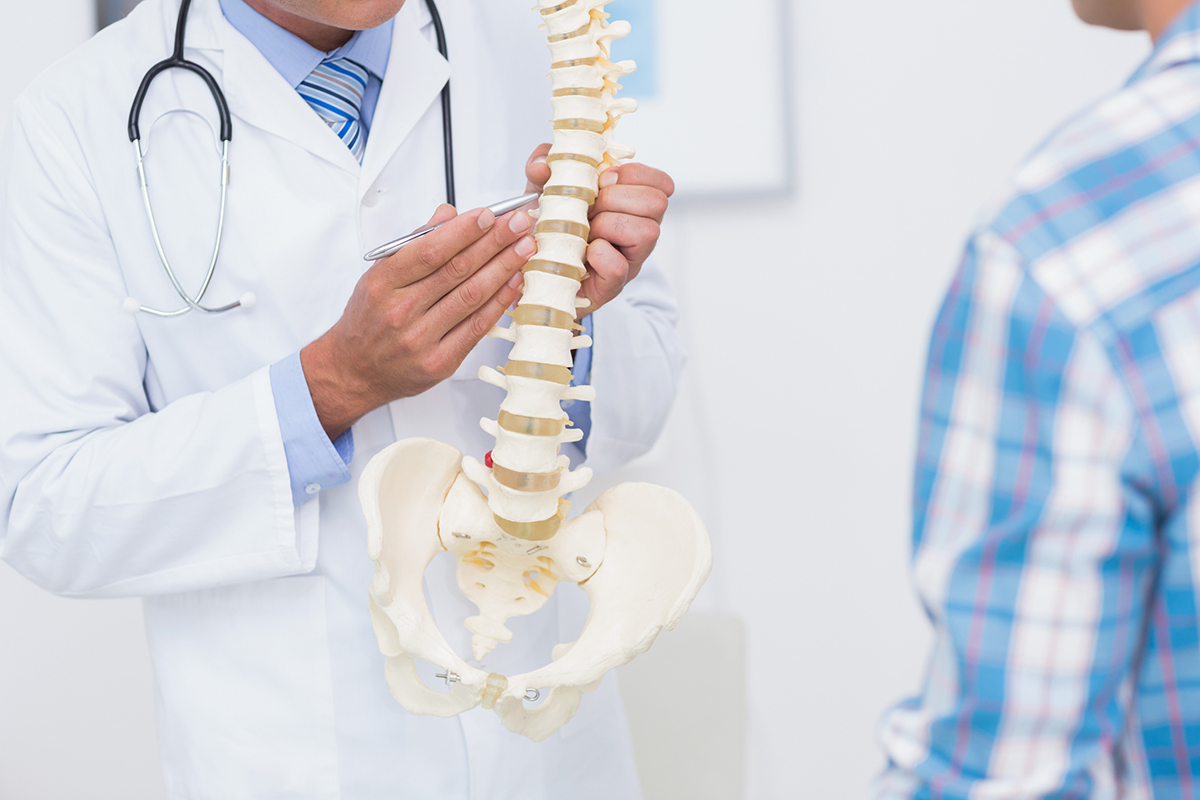<< Back
When Back Pain Leads to Back Surgery

March 15, 2022
Back pain is the second-most common type of pain, but only a small percentage of people ever need back surgery.
Hartford HealthCare’s Jocelyn Maminta recently spoke to neurosurgeon Dr. Pedro Coutinho with the Ayer Neuroscience Institute at St. Vincent’s Medical Center in Bridgeport about the latest advances in spine care and the options available to patients in Fairfield County.
“I treat a range of spine problems, including tumors in the spine, trauma and infection,” Dr. Coutinho said. ”The vast majority of infections involving the spine are what is called degenerative arthritis. Many of my patients are elderly because as we age, the spine also ages. As it progresses, it sometimes can compress on nerves, which creates some instability.”
Although 80 percent to 85 percent of the world’s population will experience back pain at some point in their lives, most of the time the pain will resolve on its own, said Dr. Coutinho.
“If back pain persists for more than a month or if it is accompanied by radiating pain down the leg, into the arms or if it is coming from the neck, those are some red flags that a patient should talk to their primary care provider about,” he said.
When it comes to treatment, surgery is always the last resort.
“First we are going to try physical therapy or injections for pain management,” said Dr. Coutinho. “We have the Spine Wellness Center in Westport that is focused on a conservative, multidisciplinary approach to treatment.”
When nonsurgical treatment options fail, patients have many options for surgery that are minimally invasive with patients often going home the same day.
“Instead of major incisions, we can go through muscle with small tubes and a microscope,” he explained. “With the development of minimally invasive techniques, it is similar to conventional surgery, but without harming normal tissues.”
The use of robots also aids with intraoperative navigation that allows surgeons to insert necessary hardware with precise accuracy.
The ultimate goal is to get patients back to doing the activities they love.
“I am an avid soccer player and I have operated on players, especially in my home country of Brazil,” he said. “We have to respect the recovery time, but they resumed playing soccer. That is normally what we see.”